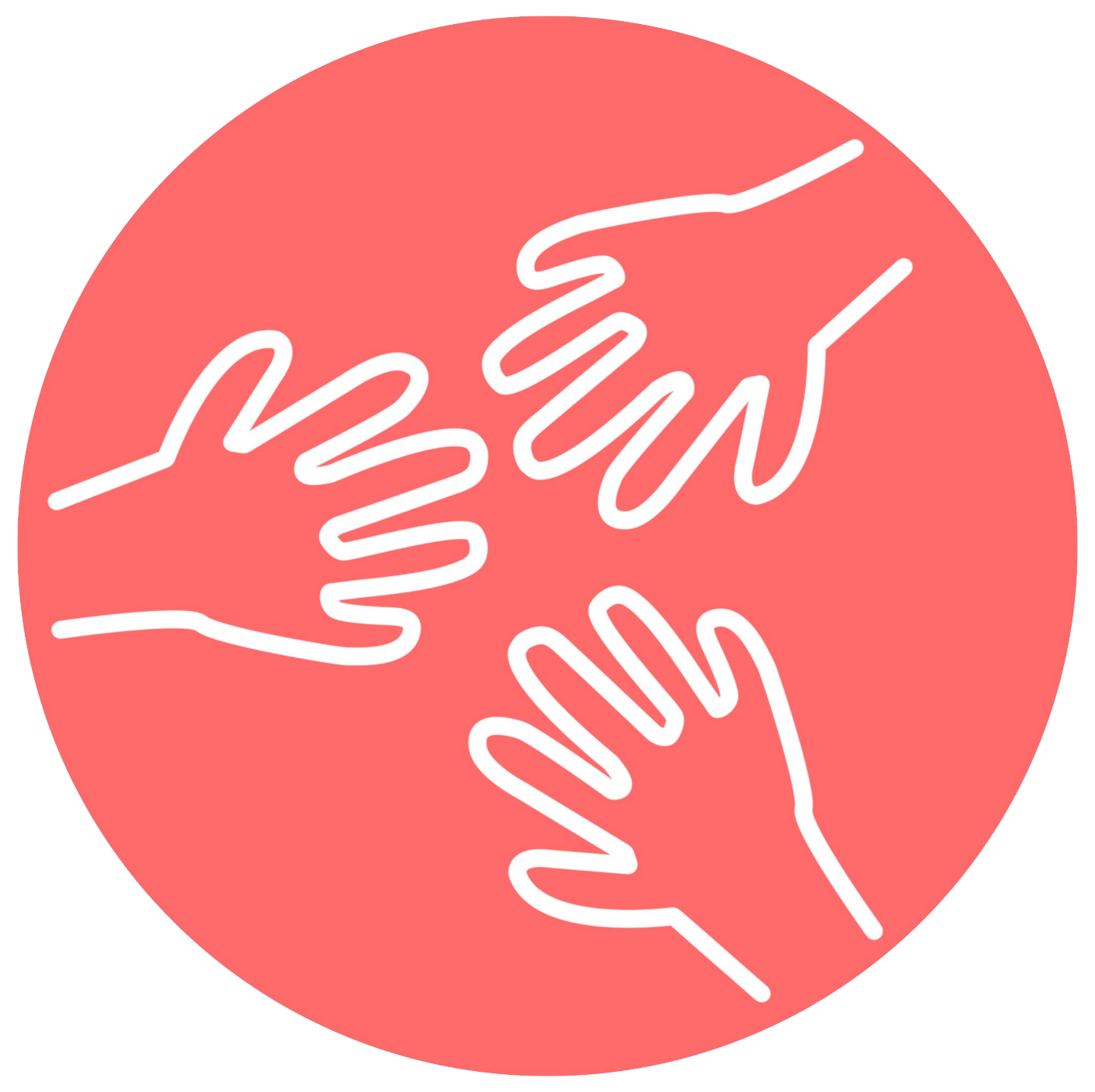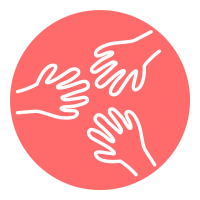Period Poverty in Malaysia
Writer: Harshaall
Editor: Eleonora Burei
Graphic Designer: Auliya Naura
What is period poverty?
Period poverty is defined as inadequate access to menstrual hygiene tools and education, including but not limited to sanitary products, washing facilities, and waste management. It’s secret suffering for many girls all over the world, contributing to the menstrual inequality. This problem often goes undetected as menstruation is not something talked about openly in many societies, let alone debated in parliament. While no statistics exist for period poverty in Malaysia, Dr. Hamizah Mohd Hassan, who is the head of reproductive health at the National Population and Family Development Board (LPPKN), said on November 18, 201) that women from the bottom 40% of households (also known as the B40 group in Malaysia) struggle with this issue. There are over 800 million menstruating individuals and yet there is no official data available on period poverty in Malaysia which indicates that period poverty is a conundrum that is frequently sidelined within the Malaysian community.
How serious is period poverty in Malaysia?
About one in four women and girls between the ages of 13 and 35 are finding it harder to manage their periods since the beginning of the pandemic, according to a survey by non-government organization WASH United, the World Association of Girl Guides and Girl Scouts (Waggs) and Unicef. The survey also found that 47% of people who menstruate have found it more difficult to access menstrual supplies since the pandemic. Most of those affected come from underprivileged and disadvantaged households and communities. As an alternative, women from underprivileged socioeconomic backgrounds have resorted to using coconut husks, newspapers, and banana leaves as opposed to proper sanitary products during the period.
Average costs for pads in Malaysia
In Malaysia, an average pack of 16 sanitary pads costs RM10 and a pack of 16 tampons costs RM28.
Are menstrual products a necessity?
Yes, they are. Pads, tampons, menstrual cups, and reusable pads are essential for maintaining menstrual hygiene and preventing staining on clothes and sheets. It provides comfort and reduces anxiety for women having to worry about staining or overflows. The government currently has no plans to give out free sanitary pads. However, the state government has plans to make an index study of women’s well-being. Without proper hygiene products, women and girls will be exposed to infections such as urinary tract and yeast infections. But the index is yet to be taken action on.
Sexual reproductive health (SRH) education
On any given day, more than 800 million women between the ages of 15 and 49 are menstruating for anywhere from two to seven days. While menstruation is a normal and integral part of life, in many regions of the world menstruating women are often viewed as “impure” and “contaminated.” Many of the views that individuals have about menstruation are due to a lack of knowledge on menstruation, cultural practices, religious beliefs, and social myths about interacting with women during their period. Research has shown that a lack of education has a clear link to the creation of a taboo topic, and the effects are extremely clear when looking at the conversation surrounding periods. The process is quite simple:
Lack of knowledge → discomfort discussing the topic → taboo
Menstrual education is important because it helps reduce anxiety for women who have any questions regarding their cycles. When attention is brought toward menstrual education it would reduce school absenteeism, effectively inform how the period works, and detect symptoms of ovarian or premenstrual disorders. The proper education creates awareness of menstruating bodies without prejudice and conceives dignified menstruation as a basic human right.
Breaking the stigma
A core challenge in tackling period stigma is that menstrual health education is lacking in many regions of the world. Where it does exist, it often begins after girls have begun their first period. The result of not educating girls about menstruation before it starts means that their initial reaction is likely to involve fear and embarrassment.
Some sexual education programs do not even cover menstrual health or exclude boys from taking part, losing a key opportunity to tackle period stigma at an early age. Breaking the period stigma shouldn’t have to be placed on women; men should also play a role in shifting negative attitudes surrounding menstruation. The consequences of not doing so can be deeply harmful. A troubling misconception, particularly among men, is that the onset of periods signals the start of ‘sexual maturity, and early marriage can become a consideration.
Period poverty in Malaysia is bigger than the lack of sanitary products, as menstruation is still a taboo topic for most people here and the problem remains hidden and is laden with misinformation. Young women are learning less about menstrual hygiene and menstruation and more about taboos and the “shame” of having periods. Many young women are told to keep menstruation invisible by not discussing it in public, hiding their sanitary pads, and not telling anyone when they are having their menses. It is not surprising then that when women do not have sanitary pads, they do not talk about it. There are even instances where women are belittled or even treated differently when menstruation occurs, a good example of this would be the ‘period spot checks’ that were consistently carried out in public schools in Malaysia.
How can we alleviate these issues?
1) Sexual and reproductive health education for boys and girls from a young age by including topics like reproductive health, hygiene and safety. By doing this, there will be greater awareness and communication at the community and societal level when boys and girls engage with sexual and reproductive health issues/topics through the formal schooling environment as well as the wider regular societal encounters.
2) Urge the government to list sanitary pads and products as essential items to be included in the government’s price control scheme to ensure their affordability.
The government can also consider making sanitary pads free of charge for communities of low socioeconomic status and at certain spaces such as schools.
3) Modifying policy initiatives from countries like Scotland and New Zealand who have passed laws mandating free sanitary products for women and girls who need them. For instance, The Period Products (Free Provision) (Scotland) Act (2021) makes it a legal duty for local authorities to ensure that free items like tampons and sanitary pads are available and distributed to those in need.
References
https://www.isis.org.my/2021/11/25/end-of-period-spot-checks-not-an-end-to-larger-problem/
https://www.themalaysianinsight.com/s/375606
https://www.todayonline.com/world/too-poor-buy-sanitary-pads-period-poverty-remains-problem-malaysia
https://www.awam.org.my/2020/04/08/period-poverty-aid-during-the-mco/


